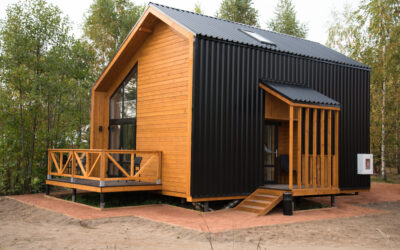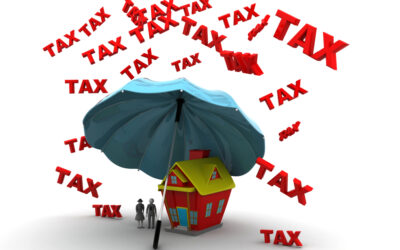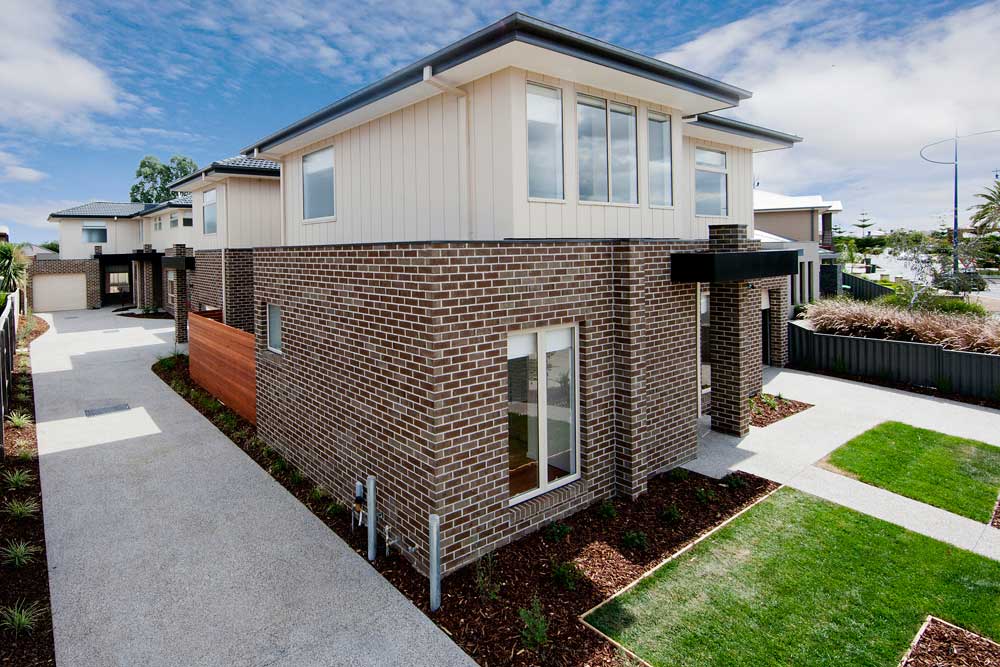What are the tax and investment considerations for a Granny Flat above versus a Tiny Home below? Income Tax Return Reporting - Income Streaming Tiny Homes Tiny home ownership does not have to follow the ownership interest of the underlying property ownership. For...
Rental Property Expenses you didn’t or couldn’t claim, how to use!
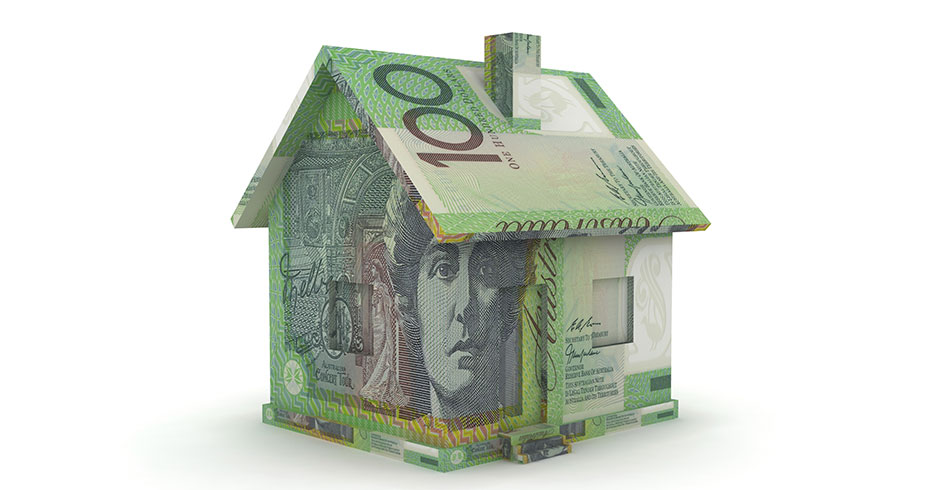 Generally we find if a client has held an investment property for a number of years and decides to sell there is the potential for a sizable capital gain and the inevitable capital gains tax to pay.
Generally we find if a client has held an investment property for a number of years and decides to sell there is the potential for a sizable capital gain and the inevitable capital gains tax to pay.
However, we also find it is not uncommon for us when reviewing clients’ capital gains on the sale of a:-
- rental property
- holiday homes
- or land holding
To find cases where expense haven’t be claimed over the years of ownership due to bad advice or not realising they could claim.
Rental Property
When we review the sale of an investment property, we sometimes find expenses that were either not claimed or otherwise not deductible.
There are generally two options to deal with missed tax deductible expenses
- If within 2 years of the notice of assessment (NOA) for the relevant years, the ATO will allow you to amend your tax returns to claim the missed deductions. Best Option.
- If over 2 years from your NOA, the ATO will allow these costs which otherwise could have been claimed, but for the lapsing of the 2 year period to amend, to form part of the third element of the cost base (cost of ownership)or other elements to reduce your capital gain.
Examples of expenses that may have not been claimed include:-
- Initial repairs not claimed or depreciated originally under Div. 43
- Various holding costs, such as Interest, rates, repairs, insurances, legal fees, etc., during renting or while the property was not actively being rented
- Expenses incurred during periods the property was not actively rented or available for rent
- Expenses incurred during periods the property was rented to family, friends or below the market rent, in such case expenses are capped to the rental income, the unused expenses capitalised to form part of the cost base for CGT calculations.
Any holding costs not claimed or otherwise not able to be claimed over the life of the investment property can be added to the cost base to reduce any capital gain.
So it’s important when selling an investment property to ensure all holding costs over the life of the property are reviewed to ensure any missed or “couldn’t be claimed” holding costs are now added to the cost base of the property to help reduce the capital gain declared to the ATO.
Holiday Homes
 In addition to the typical rental property investment, holiday homes, have a history of not being available for rent, so again to the extent the holding costs weren’t or couldn’t be claimed, these holding costs can now form part of the cost base to reduce any capital gains reportable to the ATO.
In addition to the typical rental property investment, holiday homes, have a history of not being available for rent, so again to the extent the holding costs weren’t or couldn’t be claimed, these holding costs can now form part of the cost base to reduce any capital gains reportable to the ATO.
In some cases expenses were claimable, however, due to low occupancy, only a percentage was claimable as an expense. In these cases the amounts that were not otherwise claimed can also form part of the cost base.
Land Holdings
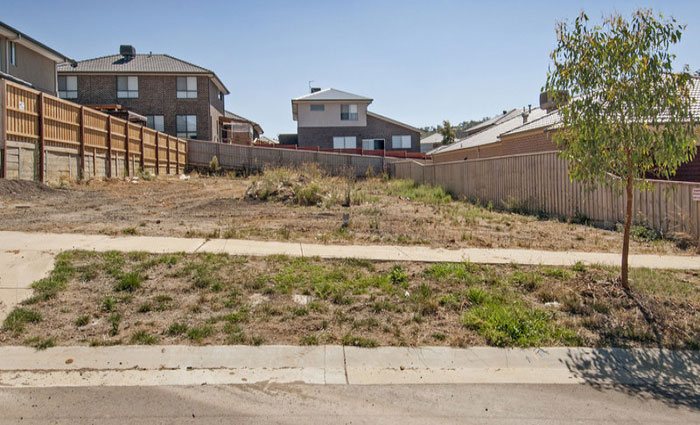 If land is held for many years, with the options to build your dream home, or a future property development project, however the land is sold never to be built on, then again the holding costs over the years of ownership that were not claimed or not otherwise deductible can also form part of the cost base to reduce any capital gains reportable to the ATO.
If land is held for many years, with the options to build your dream home, or a future property development project, however the land is sold never to be built on, then again the holding costs over the years of ownership that were not claimed or not otherwise deductible can also form part of the cost base to reduce any capital gains reportable to the ATO.
If you would like to review any pending sale to ensure you can limit any capital gains, or have any other questions, please contact our office.
